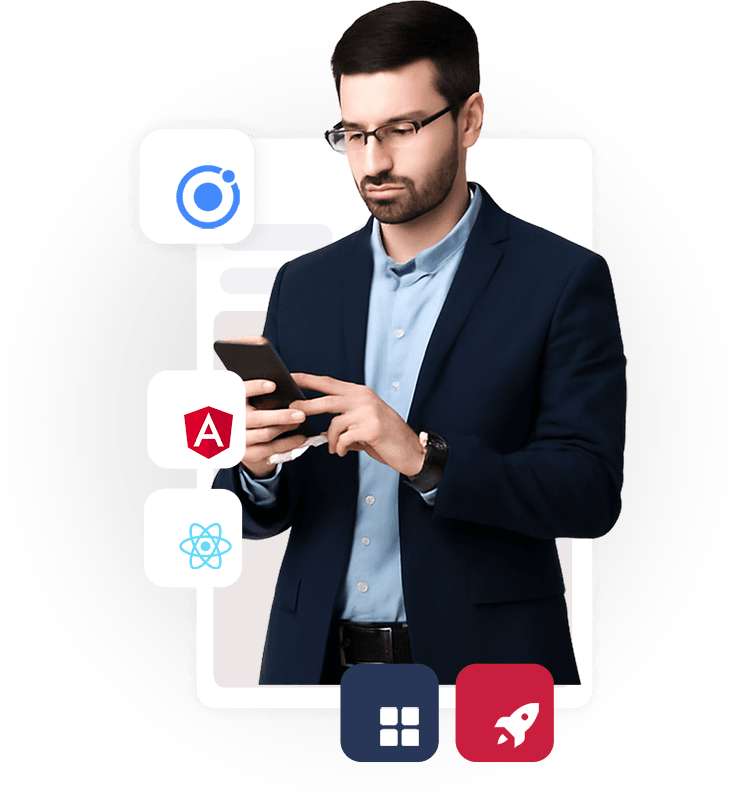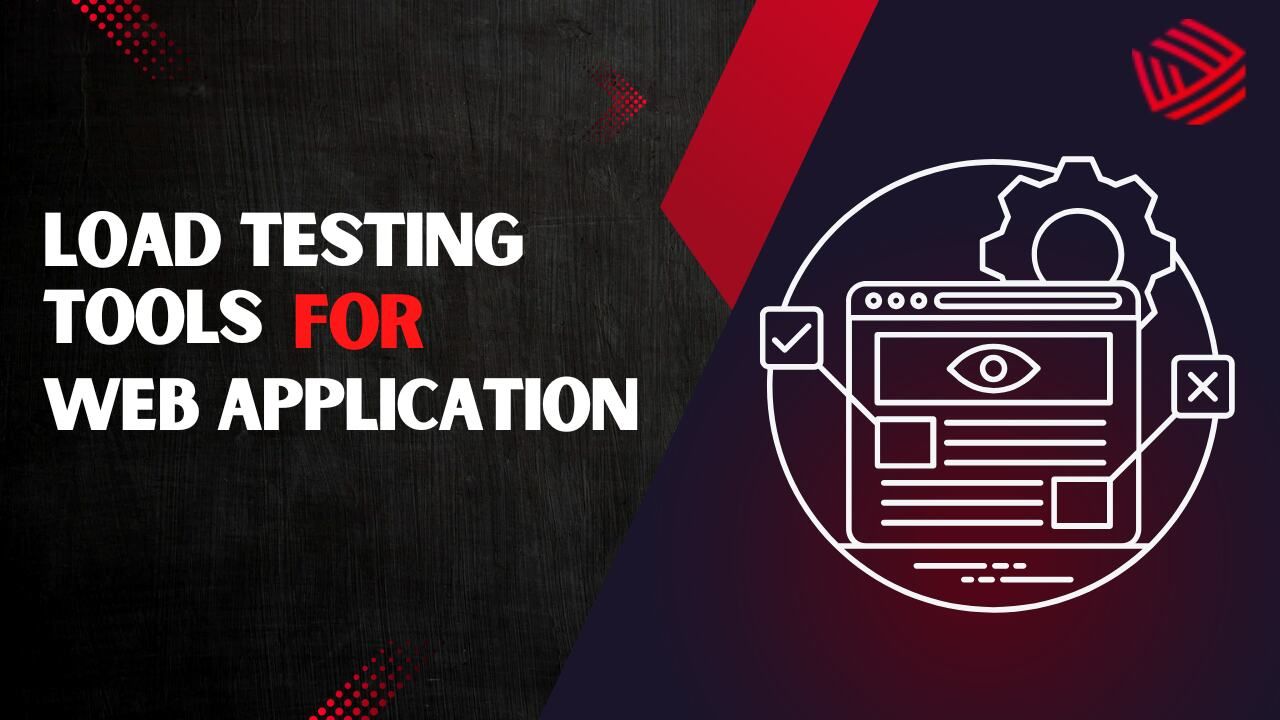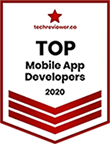
How to Hire the Right Software Developer: Models, Skills & Best Practices
Learn how to hire the right software developer in 2025 with this detailed guide covering hiring models, essential skills, and best practices. Discover how to choose between full-time, part-time, or project-based developers, what technical and soft skills to evaluate, and how to manage them effectively to ensure code quality, productivity, and long-term project success.







 Transparency
Transparency









